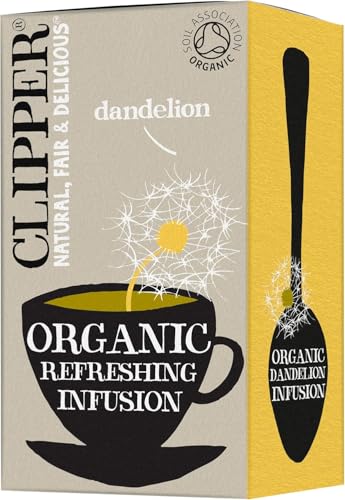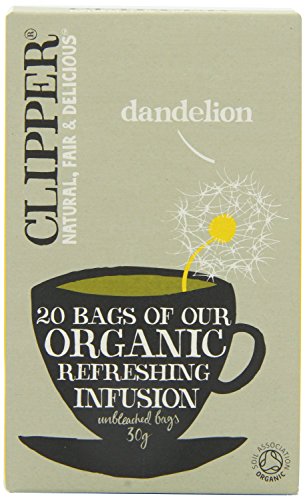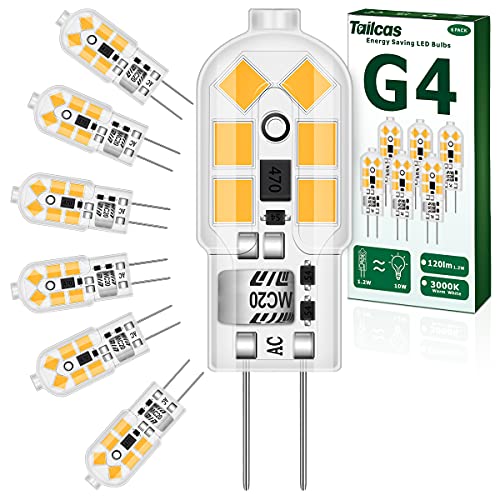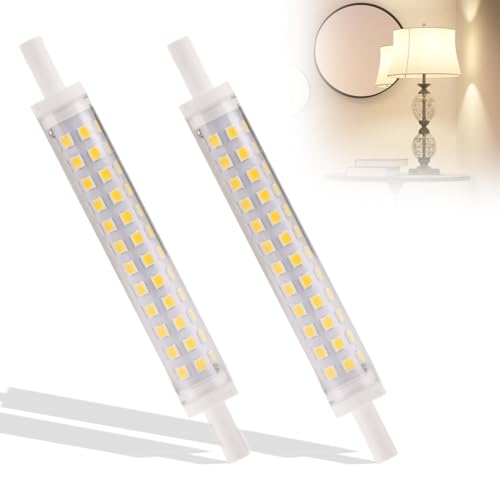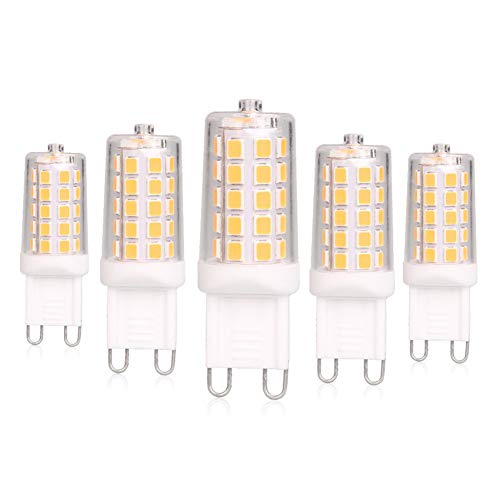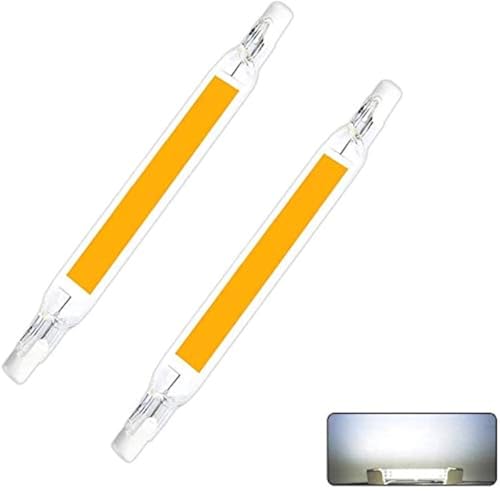What is Dandelion Tea? Understanding Its Origins and Benefits
What is Dandelion Tea?
Dandelion tea is an infusion made from the leaves, roots, or flowers of the dandelion plant, Taraxacum officinale. This common garden weed has been used in traditional herbal medicine for centuries, and it offers a range of potential health benefits. It’s important to distinguish between dandelion tea and caffeinated beverages, as dandelion tea is naturally caffeine-free, making it an excellent option for those looking to reduce their caffeine intake.
Origins of Dandelion Tea
The origins of dandelion tea can be traced back to ancient cultures, where the dandelion was revered not just as a weed but also as a valuable herbal remedy. Native Americans were among the first to use dandelion for its medicinal properties, while European herbalists brought the plant into their practices during the Middle Ages. Today, dandelion tea is popular in many countries and is often praised for its versatility in supporting liver health and digestion.
Health Benefits of Dandelion Tea
Dandelion tea is packed with antioxidants and nutrients that may promote better health. It’s often touted for its ability to aid digestion and support liver function. The tea can also act as a natural diuretic, helping to flush out toxins from the body while promoting hydration. For those experiencing bloating or digestive discomfort, dandelion tea can provide soothing relief.
How to Choose High-Quality Dandelion Tea: Key Features to Look For
Opt for Organic Varieties
When selecting dandelion tea, we recommend looking for organic options. This ensures that the tea is free from pesticides and synthetic fertilizers, allowing you to enjoy the purest flavour and benefits. Organic dandelion tea is often cultivated without harmful chemicals, which is essential for maintaining the plant’s natural properties.
Check the Part of the Plant Used
Dandelion tea can be made from different parts of the plant, including the leaves, roots, and flowers. If you prefer a specific taste or health benefit, pay attention to which part is used in the tea. Leaf-based teas tend to be lighter and more herbal, whereas root-based teas may have a richer, earthier flavour.
Evaluate the Packaging and Storage
High-quality dandelion tea is often packaged in resealable bags or tins that protect it from light and moisture. This not only prolongs freshness but also preserves the active compounds that contribute to the tea’s health benefits. Check for packaging that clearly indicates the harvest date and best-before date.
Preparing and Enjoying Dandelion Tea: Step-by-Step Guide
Gather Your Ingredients
To prepare dandelion tea, you’ll need dried dandelion tea leaves, roots, or flowers, along with hot water. You can find these in herbal stores or online. If you want to add a personal touch, consider adding honey or lemon to enhance the flavour.
Step-by-Step Brewing Process
Begin by boiling water and letting it cool slightly for a few moments. Add about one teaspoon of dried dandelion per cup of water. Give it a good stir and let it steep for roughly 5 to 10 minutes, depending on how strong you desire the flavour. Strain the tea into a cup, and if you wish, add honey or lemon to taste. Enjoy your freshly brewed dandelion tea as a comforting drink that warms you from within.
Different Flavours of Dandelion Tea: Which One Suits Your Palate?
Varieties of Dandelion Tea
Dandelion tea is available in various forms, including pure dandelion tea and blends with other herbs or flavours. For instance, dandelion root combined with chicory may create a rich, coffee-like experience, while dandelion leaf mixed with mint can offer a refreshing taste. Exploring these variations can help you discover which flavour suits your palate best.
Personal Preferences
If you’re new to dandelion tea, we suggest starting with a pure dandelion tea to experience its natural taste. As you become accustomed to it, experiment with different blends or flavours. Consider whether you prefer floral notes, a grassy taste, or something more robust, as dandelion tea can be quite versatile in terms of flavour combinations.
Where to Buy Dandelion Tea: Our Top Recommendations
Find Your Local Herbalist
We recommend starting your search for dandelion tea at local health food shops or herbalist stores. Here, you can often find organic and high-quality selections along with knowledgeable staff who can help guide your choice. This is a great way to support local businesses while getting fresh, quality products.
Explore Online Options
For those who prefer the convenience of shopping from home, numerous online retailers offer a wide range of dandelion tea options. Look for reputable sellers who provide detailed information about the sourcing and ingredients. Read customer reviews to get a sense of the quality and flavour of the teas you’re considering.
